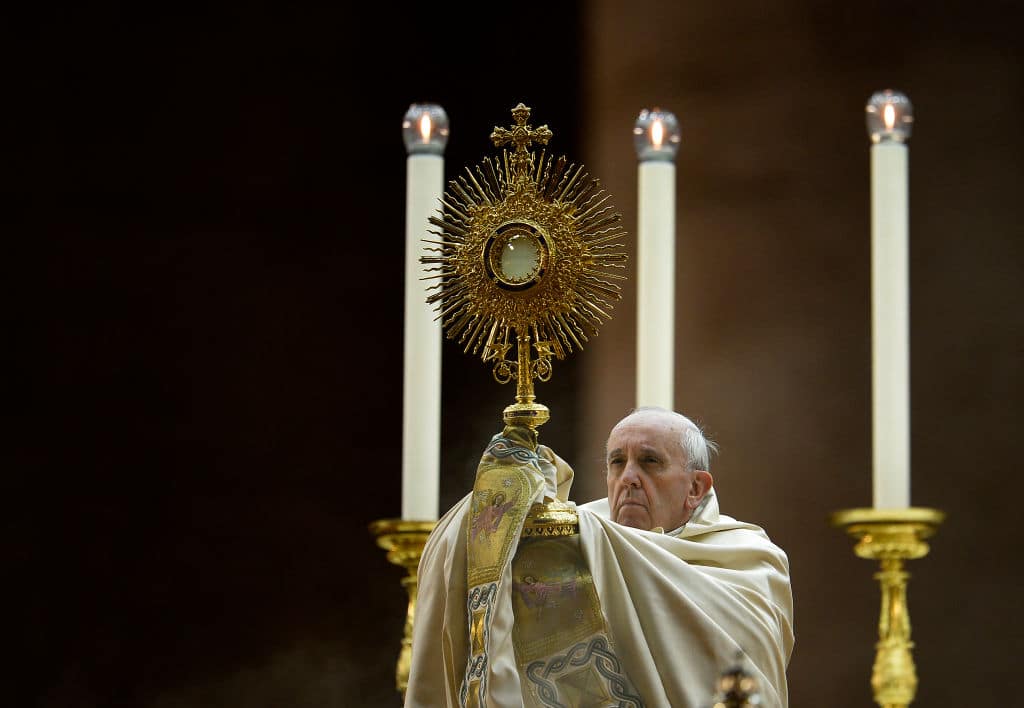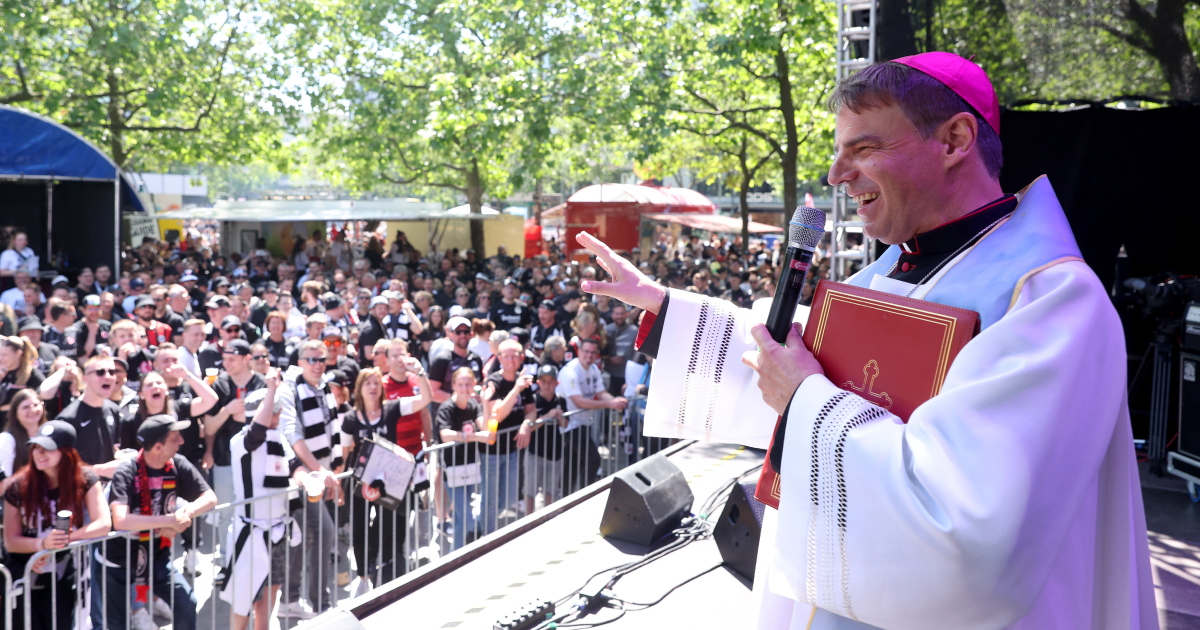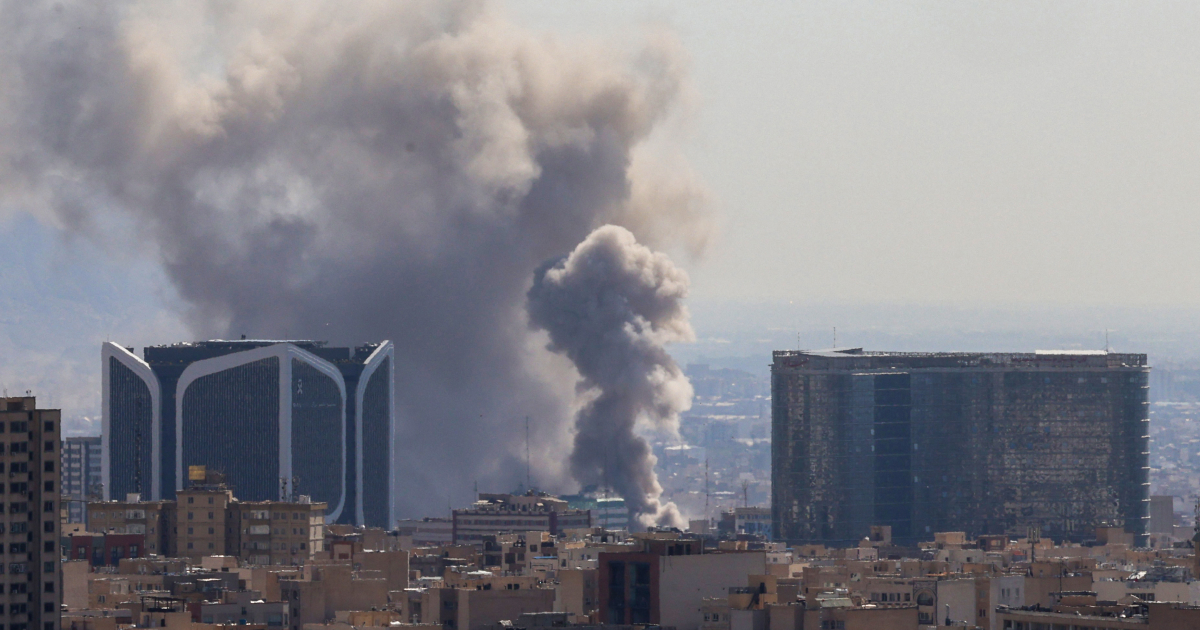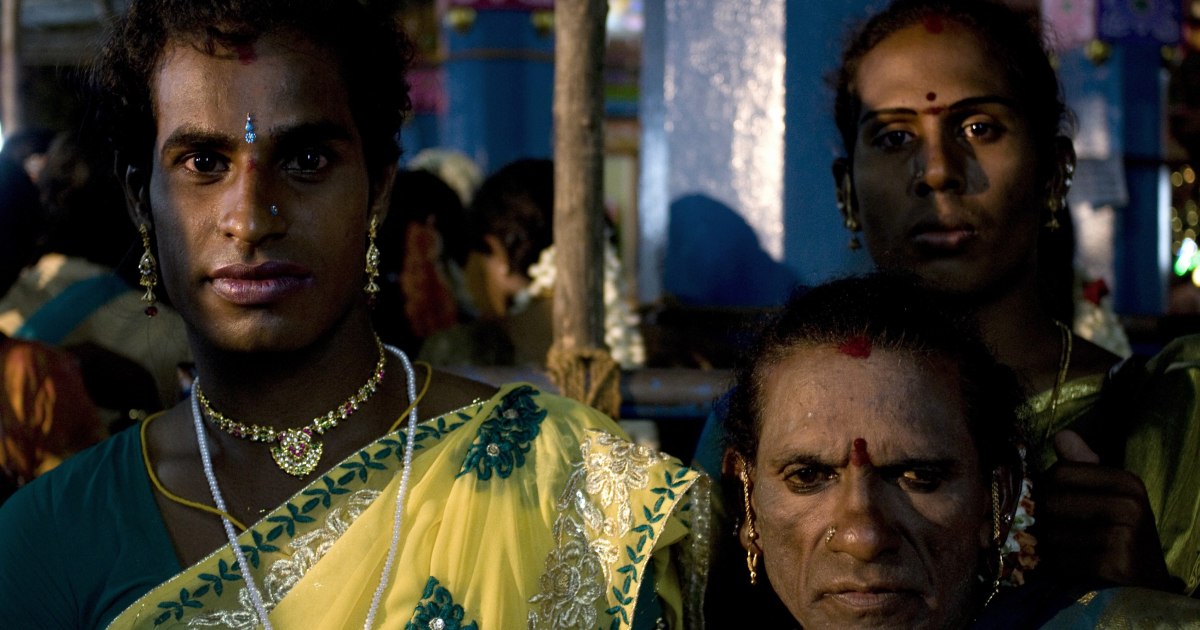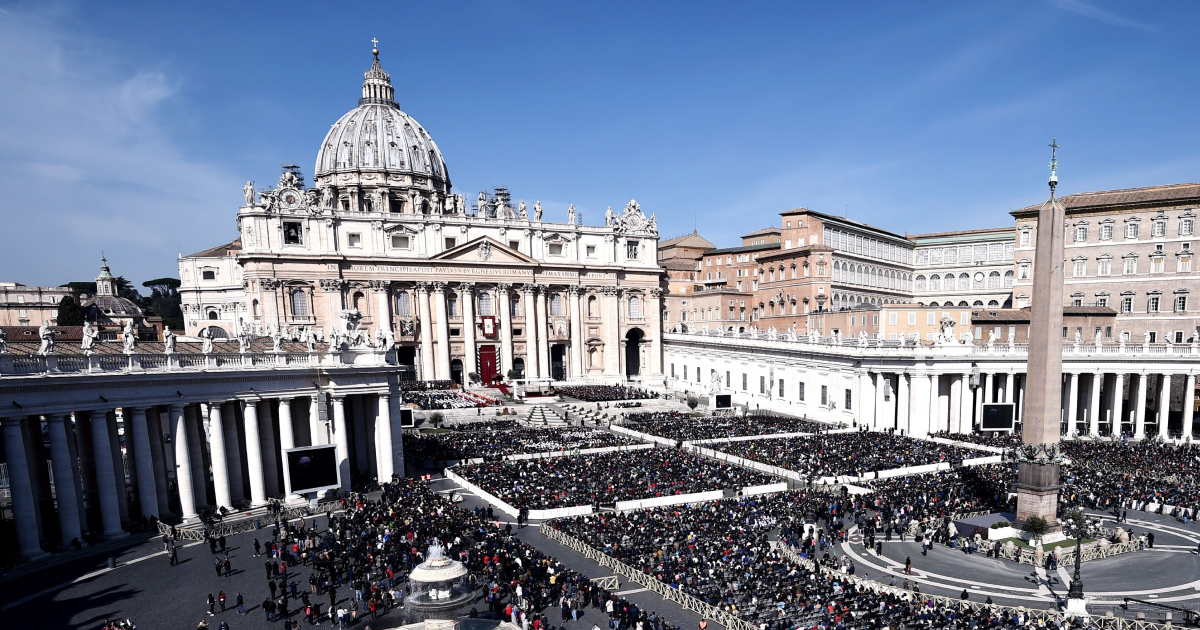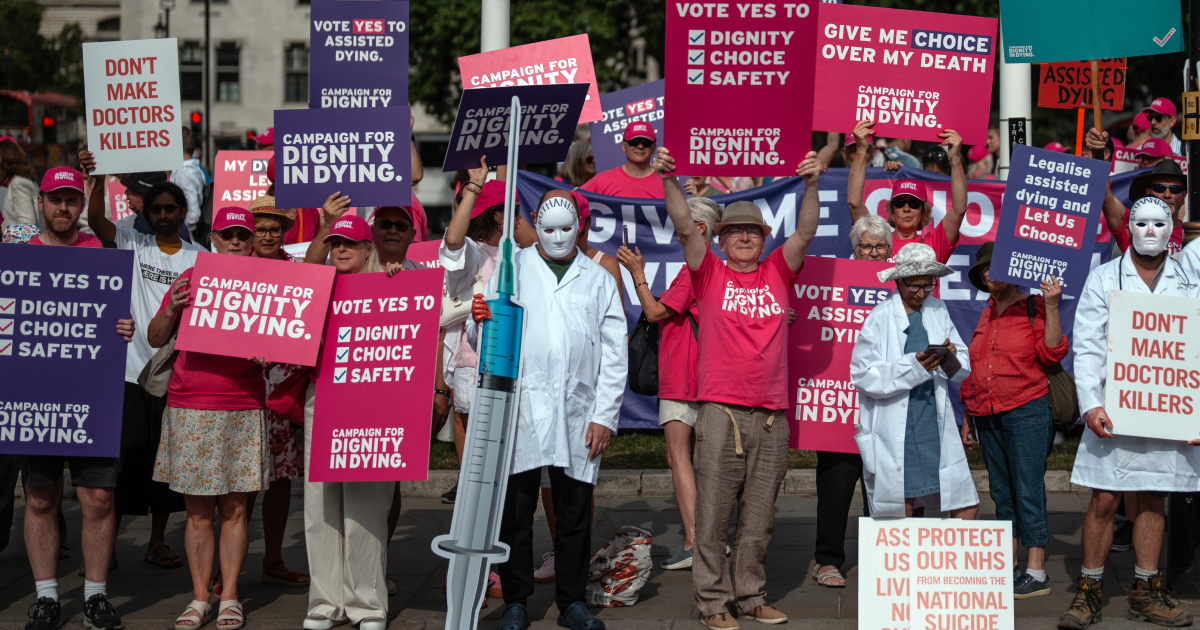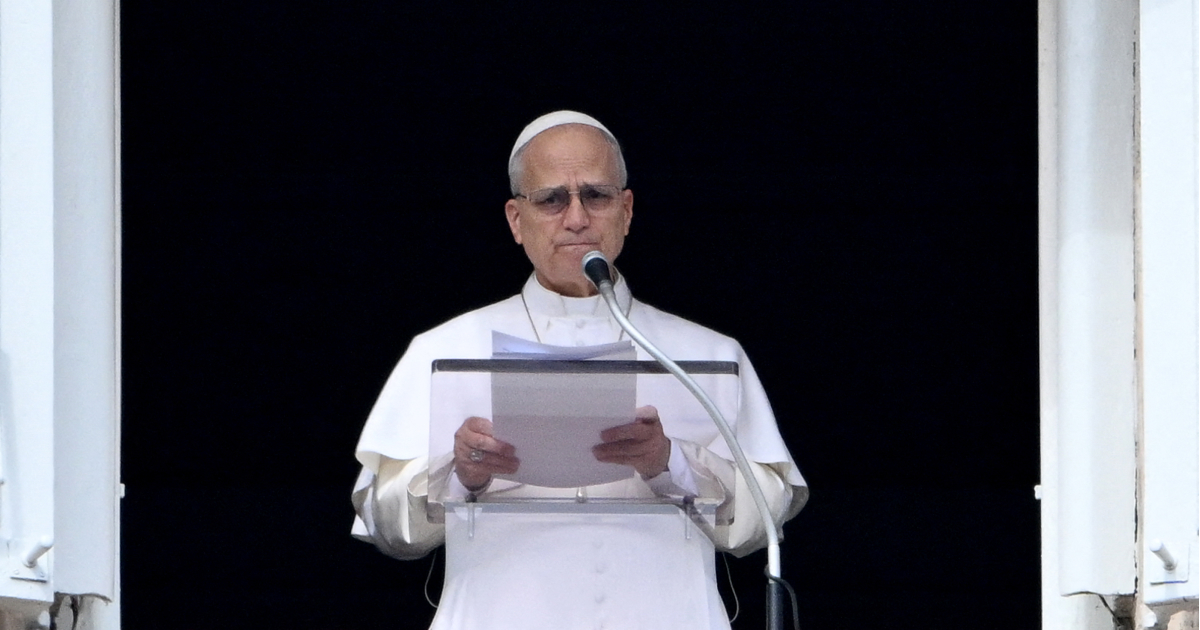Just over 10 years ago, Jorge Mario Bergoglio stood on the balcony of St Peter’s and said simply to the crowd, “Buona Sera”. It was the beginning of a pontificate very different from any other.
Other popes have lived in the grand papal apartments where access to the pontiff could be physically controlled by the head of the papal household. Pope Francis has undermined that system by dividing his time between the papal apartments and the Casa Santa Marta.
In the heady early days of his pontificate, all things seemed possible. He was more informal than monarchical. He was not legalistic; when asked about homosexuality, he famously asked, “Who am I to judge?” He seemed to be a different person from the cautious archbishop who had played a careful game, at least once at the expense of his own priests, during the military junta in Argentina.
He was spontaneous and open. When he visit-ed the EU he did so in a battered old car. He was the first pope to visit the Arab Peninsula. He was vocal in his support for migrants. His concern for the environment resulted in a memorable encyclical, Laudato si’. He promoted women to senior roles within the Vatican, from foreign affairs to finance, which has been a substantive change.
He has the gift of the arresting phrase. When a gay man challenged him during the filming of a BBC documentary to address his situation, he replied that the man was setting the qualifier over the substantive: the most important thing was not that he was gay, but that he was a human being. He took a leading role in his own Netflix documentary on getting old. He has been empathetic with victims of clerical abuse.
All of this was stimulatingly new. Yet the qualities which made him attractively informal could be problematic in practice. His attempts to be non-judgmental about divorced and remarried Catholics receiving Communion, which he subcontracted to local priests or bishops, ran counter to tradition and scripture and encountered opposition from African bishops. His condemnation of clerical abuse was not followed through with systemic change. In the case of clerical abusers in Chile, there were real errors. Spontaneity can degenerate into bad language, as happened recently in addressing Spanish seminarians.
His Synodal Path has been the defining element of his papacy and it sums up his strengths and weaknesses. It is a vast listening exercise, an opportunity for the people of God to have their say about the Church. The problem is that a disproportionate power lies with those who collate the responses of the people and write the reports which, in some cases, are skewed towards a reformist agenda. There is the real danger of raising false expectations. Some modernisers consider that if a majority criticise Church teaching, the Church must change. This mismatch between expectations and reality could end in tears.
For a Jesuit, the yearning to find a way for the Church to minister in China is very real, yet there are serious concerns about the deal that has been struck between the Vatican and China; in practice, this has meant betraying the interests of those who kept alive the underground church, and subjecting the official church to the priorities of the Chinese Communist Party. Dialogue is an excellent thing, but the Vatican has received little in return for its own willingness to compromise.
And there is, crucially, a worrying discrepancy between Pope Francis’s talk about subsidiarity and his approach to those who wish to celebrate the Extraordinary Rite or Tridentine Mass. In a troubling move, the head of the Dicastery for Divine Worship, Cardinal Arthur Roche, has taken the decision about whether to allow celebration of the rite from local bishops to Rome. It thus becomes much less likely that permission will be granted and it will in any event be delayed by the usual bureaucratic processes.
It is a move which not only runs counter to the eirenic approach of Pope Benedict, who brought an end to the liturgy wars, but to the style of Pope Francis himself. The great majority of traditionalist Catholics are loyal to the Pope but they are being treated as if they are a faction to be suppressed rather than a community with a legitimate desire for dignified worship.
Pope Francis’s 10 years have seen many changes. His pontificate has been in some ways exhilarating. Yet he has also raised hopes of change which can never be realised, and dealt with opposition in an authoritarian fashion.
There have been, in short, failures as well as successes, but the successes are real; he has made the Church attractive to many people who were alienated from it. This is a time of extraordinary change for humanity, as technological advances threaten to outstrip our moral capacity to deal with them. Pope Francis is trying to address that new world. There has rarely been a more challenging time for the successor of St Peter, and we should all pray for him.
Just over 10 years ago, Jorge Mario Bergoglio stood on the balcony of St Peter’s and said simply to the crowd, “Buona Sera”. It was the beginning of a pontificate very different from any other.
Other popes have lived in the grand papal apartments where access to the pontiff could be physically controlled by the head of the papal household. Pope Francis has undermined that system by dividing his time between the papal apartments and the Casa Santa Marta.
In the heady early days of his pontificate, all things seemed possible. He was more informal than monarchical. He was not legalistic; when asked about homosexuality, he famously asked, “Who am I to judge?” He seemed to be a different person from the cautious archbishop who had played a careful game, at least once at the expense of his own priests, during the military junta in Argentina.
He was spontaneous and open. When he visit-ed the EU he did so in a battered old car. He was the first pope to visit the Arab Peninsula. He was vocal in his support for migrants. His concern for the environment resulted in a memorable encyclical, Laudato si’. He promoted women to senior roles within the Vatican, from foreign affairs to finance, which has been a substantive change.
He has the gift of the arresting phrase. When a gay man challenged him during the filming of a BBC documentary to address his situation, he replied that the man was setting the qualifier over the substantive: the most important thing was not that he was gay, but that he was a human being. He took a leading role in his own Netflix documentary on getting old. He has been empathetic with victims of clerical abuse.
All of this was stimulatingly new. Yet the qualities which made him attractively informal could be problematic in practice. His attempts to be non-judgmental about divorced and remarried Catholics receiving Communion, which he subcontracted to local priests or bishops, ran counter to tradition and scripture and encountered opposition from African bishops. His condemnation of clerical abuse was not followed through with systemic change. In the case of clerical abusers in Chile, there were real errors. Spontaneity can degenerate into bad language, as happened recently in addressing Spanish seminarians.
His Synodal Path has been the defining element of his papacy and it sums up his strengths and weaknesses. It is a vast listening exercise, an opportunity for the people of God to have their say about the Church. The problem is that a disproportionate power lies with those who collate the responses of the people and write the reports which, in some cases, are skewed towards a reformist agenda. There is the real danger of raising false expectations. Some modernisers consider that if a majority criticise Church teaching, the Church must change. This mismatch between expectations and reality could end in tears.
For a Jesuit, the yearning to find a way for the Church to minister in China is very real, yet there are serious concerns about the deal that has been struck between the Vatican and China; in practice, this has meant betraying the interests of those who kept alive the underground church, and subjecting the official church to the priorities of the Chinese Communist Party. Dialogue is an excellent thing, but the Vatican has received little in return for its own willingness to compromise.
And there is, crucially, a worrying discrepancy between Pope Francis’s talk about subsidiarity and his approach to those who wish to celebrate the Extraordinary Rite or Tridentine Mass. In a troubling move, the head of the Dicastery for Divine Worship, Cardinal Arthur Roche, has taken the decision about whether to allow celebration of the rite from local bishops to Rome. It thus becomes much less likely that permission will be granted and it will in any event be delayed by the usual bureaucratic processes.
It is a move which not only runs counter to the eirenic approach of Pope Benedict, who brought an end to the liturgy wars, but to the style of Pope Francis himself. The great majority of traditionalist Catholics are loyal to the Pope but they are being treated as if they are a faction to be suppressed rather than a community with a legitimate desire for dignified worship.
Pope Francis’s 10 years have seen many changes. His pontificate has been in some ways exhilarating. Yet he has also raised hopes of change which can never be realised, and dealt with opposition in an authoritarian fashion.
There have been, in short, failures as well as successes, but the successes are real; he has made the Church attractive to many people who were alienated from it. This is a time of extraordinary change for humanity, as technological advances threaten to outstrip our moral capacity to deal with them. Pope Francis is trying to address that new world. There has rarely been a more challenging time for the successor of St Peter, and we should all pray for him.






